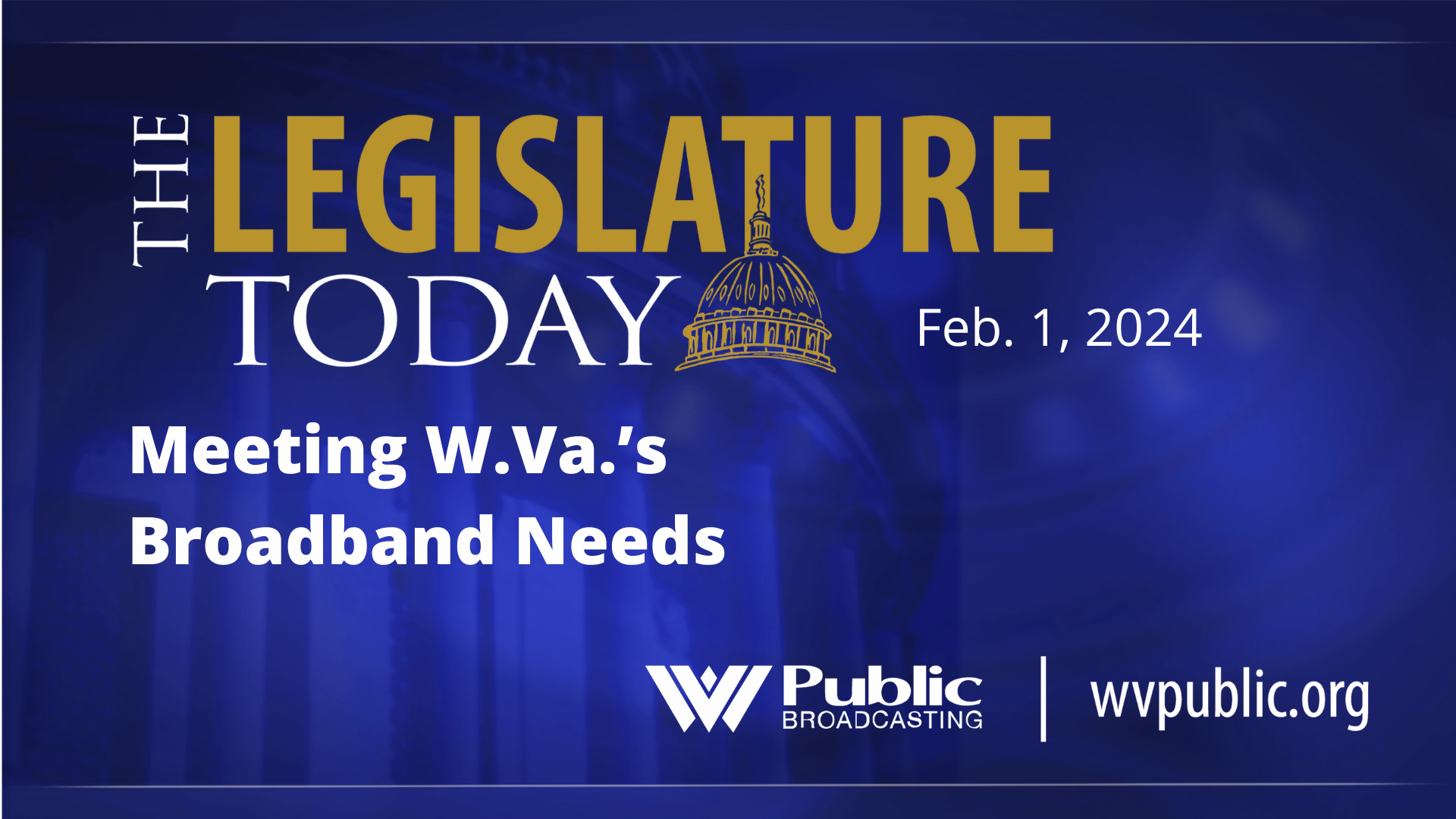On this episode of The Legislature Today, Senate President Craig Blair, R-Berkeley, and other members of the upper chamber held a press conference to discuss the recent pause on new permits for liquefied natural gas exports. Briana Heaney has the story.
In the House, the House Committee on Energy and Manufacturing discussed a bill that would prevent publicly sourced air pollution data from being used in lawsuits and regulatory proceedings.
Also, in the House, a resolution regarding a constitutional amendment over a woman’s reproductive rights is under consideration.
In the Senate, the Senate Education Committee quickly moved along five bills, many of which updated existing educational programs. One bill would add another university to the list of eligible institutions for the Promise Scholarship. Chris Schulz has more.
And, the full Senate approved and sent one bill to the House. It would permit wineries to serve wine without serving food, and it would also permit wine to be served at festivals. The Senate advanced eight other bills. Two of these bills, if passed without amendments, will head to the governor’s desk. Briana Heaney has more.
Advocates from across the state gathered at the state capitol Thursday to bring attention to sexual violence. Emily Rice has the story.
Finally, in meeting the plan to have broadband connectivity for all of West Virginia within five years, there are progress and time markers that must be met to get all the $1.2 billion federal dollars to complete the work. Randy Yohe sits down with Del. Daniel Linville, R-Cabell, and Broadband Consultant Charlie Dennie to talk about meeting those markers.
Having trouble viewing the video below? Click here to watch it on YouTube.
The Legislature Today is West Virginia’s only television/radio simulcast devoted to covering the state’s 60-day regular legislative session.
Watch or listen to new episodes Monday through Friday at 6 p.m. on West Virginia Public Broadcasting.
